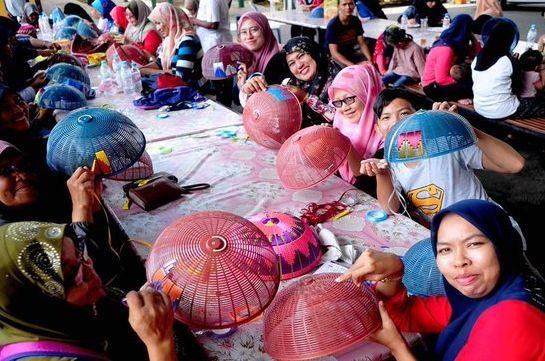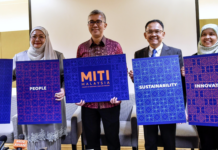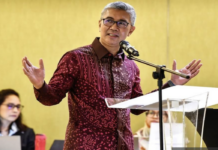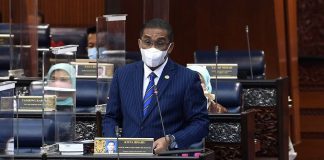KUALA LUMPUR, Oct 10 — The various initiatives and privileges given to women through Budget 2023 show that the government recognises the role of each group regardless of a woman’s status as a housewife, employee, mother or entrepreneur.
Assistant honorary secretary of the National Council of Women’s Organisations (NCWO) Associate Prof Dr Sharifah Syahirah S. Shikh said Budget 2023 recognises the expertise of women in improving the country’s economy.
She said the budget also showed the government’s determination to encourage more women to return to work after a career break.
“It also strengthens the role of women as leaders,” she said when contacted.
In the Budget 2023 tabled by Finance Minister Tengku Datuk Seri Zafrul Abdul Aziz in the Dewan Rakyat on Friday, the government proposed income tax exemptions on the income received from Assessment Years 2023 to 2028 to encourage women to return to work and to introduce a special training programme to enhance women’s skills, identify and subsequently increase the numbers of qualified women to be appointed as board members.
In addition, mothers from Bantuan Keluarga Malaysia (BKM) households who give birth in 2023 will receive a one-off cash aid of RM500 under the CahayaMata Keluarga Malaysia programme.
Commenting on the cash assistance, Sharifah said it reflects the government’s concern about the well-being of families and the mental health of mothers after childbirth and indirectly helps reduce family expenses.
She said the tax relief of up to RM3,000 on fees paid for TASKA and TADIKA registered with the government also showed concern for families with small children and helped reduce parents’ burden.
Meanwhile, executive director of Women’s Aid Organisation (WAO) Sumitra Visvanathan said the organisation applauded the announcement to kickstart the formation of the Anti-Sexual Harassment Tribunal.
However, she said it would be crucial to pay attention to its implementation to ensure it remains survivor-centric.
She further said that boosting women’s participation in the economy has been accepted as a critical path to increasing Malaysia’s Gross domestic product (GDP).
Sumitra, however, noted that this budget has not focused on crucial measures that will enable greater economic participation by women.
“Principal among this is the lack of recognition in the budget of the need for universally accessible and affordable childcare in the communities where people live.
“The related allocations made via this budget seem targeted at middle-class earners and not B40 groups, who are clearly in greatest need of affordable and standards-based community-based childcare,” she said.



















